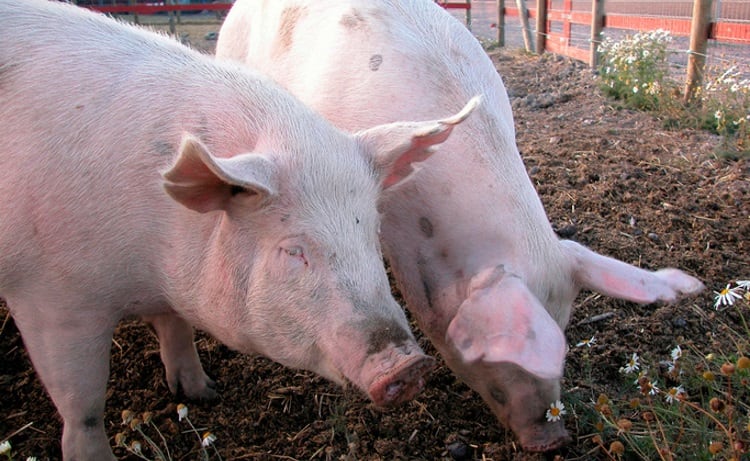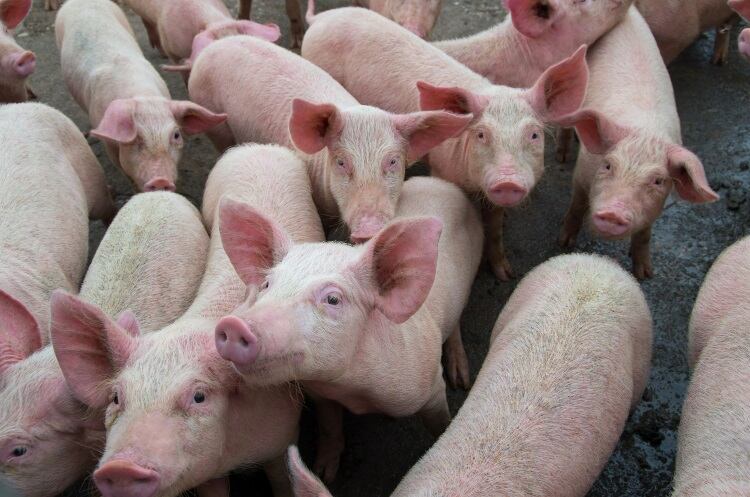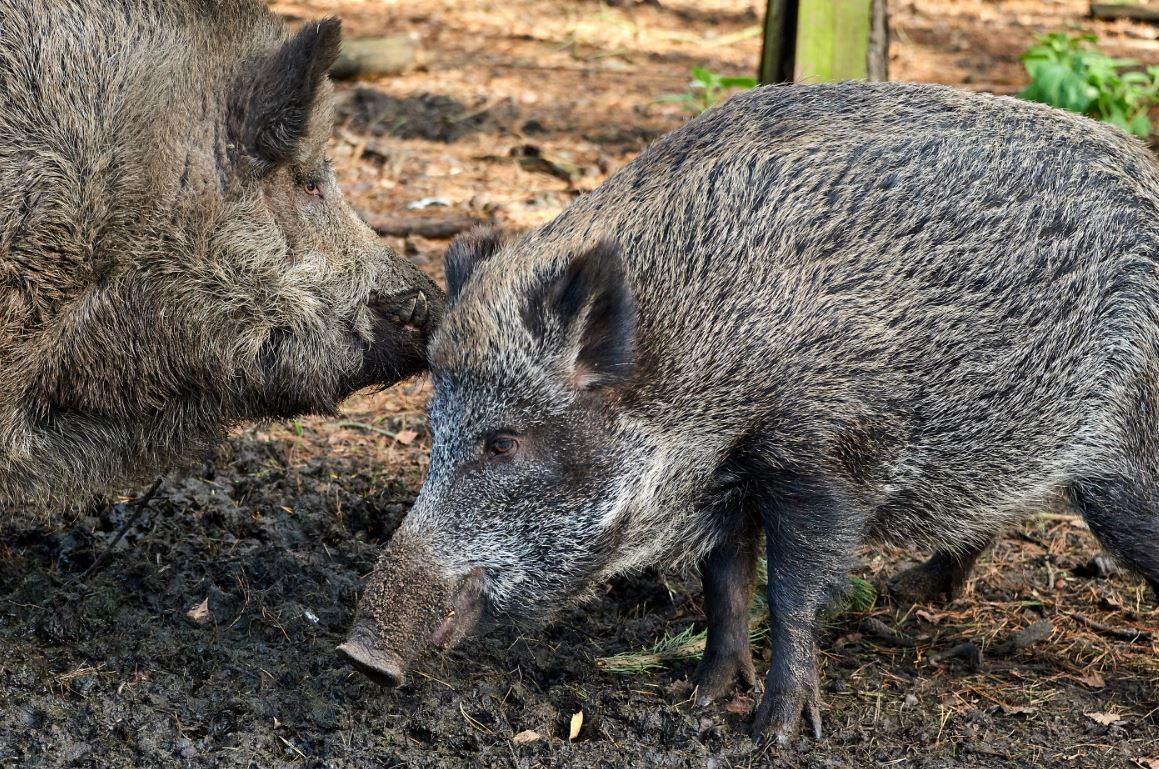On 18 May, the European Commission ratified Belgium’s proposal to reduce the ASF-infected zone in the province of Luxemburg. This zone, in which African Swine Fever was detected only in wild boar, was successfully installed by Belgian authorities to prevent the contamination of domestic pigs.
“The reduction of the zone is a positive signal towards countries that have suspended the import of Belgian pork,” said Belgian Minister of Agriculture Denis Ducarme.
The infected zone was introduced after the detection of African Swine Fever in two wild boards on 13 September 2018 by the FASFC (Belgium’s Federal Agency for the Safety of the Food Chain in consultation with the European Commission and ministers.
The few domestic pigs in the initial infection zone were preventively eradicated between 27 September and 3 October 2018. The products of these pigs did not enter the food chain and were not used in the feed industry.
The last ASF-positive test on a fresh carcass of a dead boar, found within the zone, goes back to 11 August 2019. On six occasions after that date, ASF was found on the remains (bones) of wild boar that died several months before their discovery.
Ever since the first wild boar tested ASF-positive, Belgium has succeeded in keeping domestic pigs and wild pigs kept in captivity free of ASF contamination. If no infected boar are detected, Belgium could regain its ASF-free status for all porcine animals in the Autumn of 2020.
Denis Ducarme, Belgian Minister of Agriculture said: “We must remain vigilant to give back our country its ASF-free status. This would lead to the abolishment of the last embargoes on the export of our pork.”
All this time, Belgian pork remained virus-free and suitable for consumption and export. Therefore, trade of Belgian pork remained free in the European Union. However, some third countries suspended the import of Belgian pork. The ratification by the European Commission is an important step towards the re-opening of these markets.




